On the afternoon of July 12, the Hanoi Department of Agriculture and Rural Development coordinated with the People's Committee of Tay Ho District (Hanoi) to organize a workshop on Preserving and Developing Vietnamese Lotus.
This is one of the main activities of the Hanoi Lotus Festival 2024 held in Tay Ho district from July 12 to 16.
Vietnam is a tropical monsoon country, which is an ideal condition for lotus species to grow.
Lotus flowers have long been associated with people's lives, from cultural, spiritual and daily life aspects.
Lotus is a symbol of purity and clarity; symbolizing the spirit and identity of the Vietnamese soul.
In Vietnam, there are many famous lotus growing localities, such as: Thap Muoi lotus (Dong Thap province), Hue lotus (Thua Thien Hue province)...
In Hanoi, when mentioning lotus, people immediately think of the hundred-leaf lotus of the West Lake region.
The lotus has about a hundred large blooming petals, light pink in color, and a sweet fragrance; it has a unique color and fragrance, different from lotus flowers from other regions.
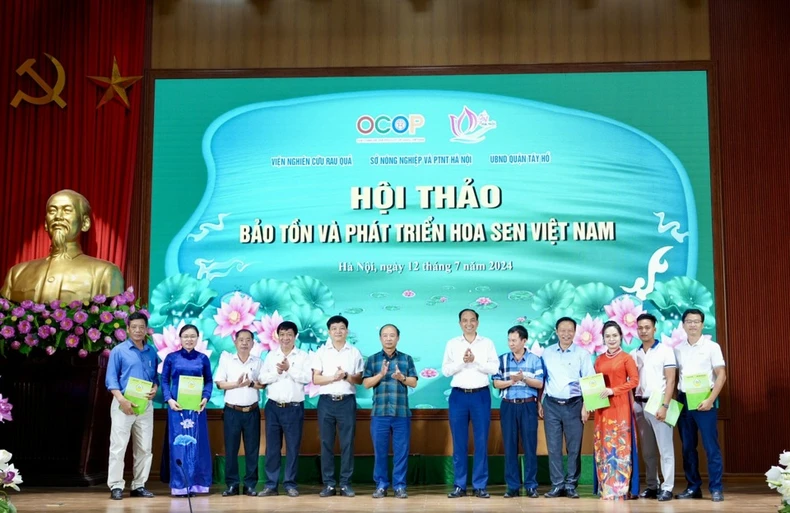 |
Delegates awarded certificates of cooperation in developing lotus cultivation and lotus-related products. |
In recent years, lotus plants are grown more and more and exploited for different values.
The special thing is that all different parts of the lotus plant can be used.
Lotus flowers are used for decoration and tea flavoring. Lotus leaves are used as medicine. Lotus shoots and seeds are both food and medicine.
The lotus tree produces silk that is exploited to weave unique, expensive lotus silk fabric...
In Hanoi, the area for growing West Lake lotus is shrinking due to urbanization. To preserve and develop the precious West Lake lotus, the Hanoi Department of Agriculture and Rural Development has assigned the Hanoi Agricultural Extension Center to coordinate with the Fruit and Vegetable Research Institute (Vietnam Academy of Agricultural Sciences) to conduct experimental plantings and select nearly 20 lotus varieties that adapt well to soil conditions, at the same time, to restore and preserve the famous West Lake lotus variety.
In 2024, the Hanoi Agricultural Extension Center will implement a model of “producing quality lotus flowers, adapting to climate change” in Tay Ho district with a scale of 7 hectares in 2 lagoons Dau Dong and Thuy Su. Up to now, lotus flowers have grown well and produced beautiful flowers.
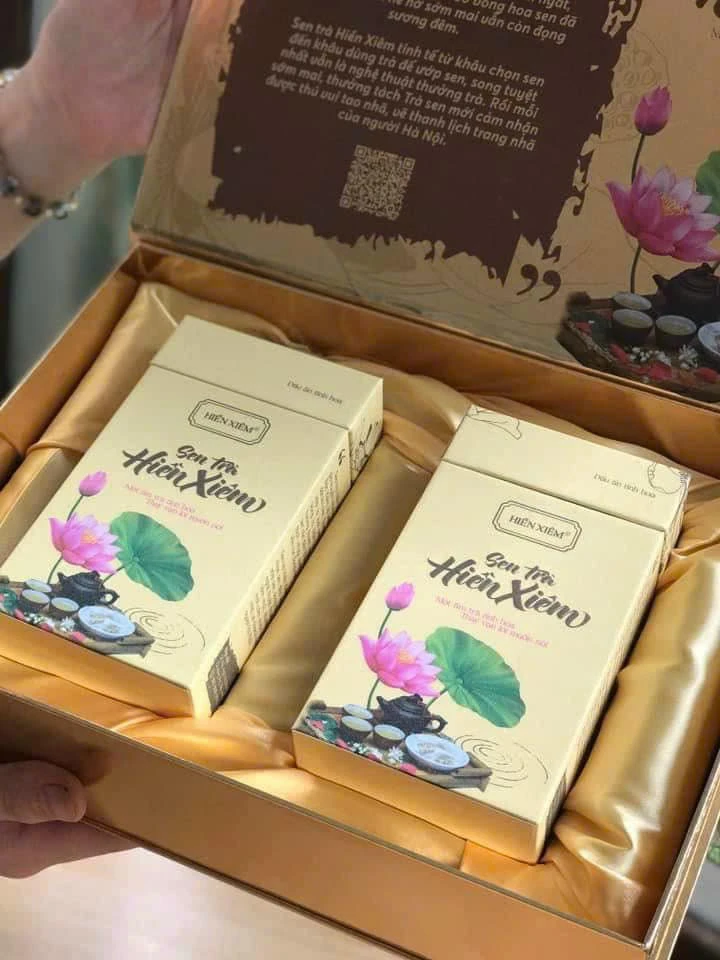 |
Lotus tea products become precious gifts for everyone. |
To preserve and promote the unique culture and economic value of lotus, Hanoi has expanded lotus growing areas in many districts, towns and cities.
It is expected that the city will increase the lotus growing area from 600 hectares at present to 900 hectares in the near future to both develop the economy and affirm the unique culture of Hanoi people.
Currently, the city has 18 OCOP products from lotus such as: Hien Xiem lotus tea (Tay Ho district), Quang An lotus tea (Tay Ho district), Dam Long lotus seeds (Ba Vi district), lotus leaf tea (Soc Son district), Ngo Thuc lotus seed sticky rice (Nam Tu Liem district). Especially, lotus silk fabric of artisan Phan Thi Thuan (My Duc district) has high economic and aesthetic value...
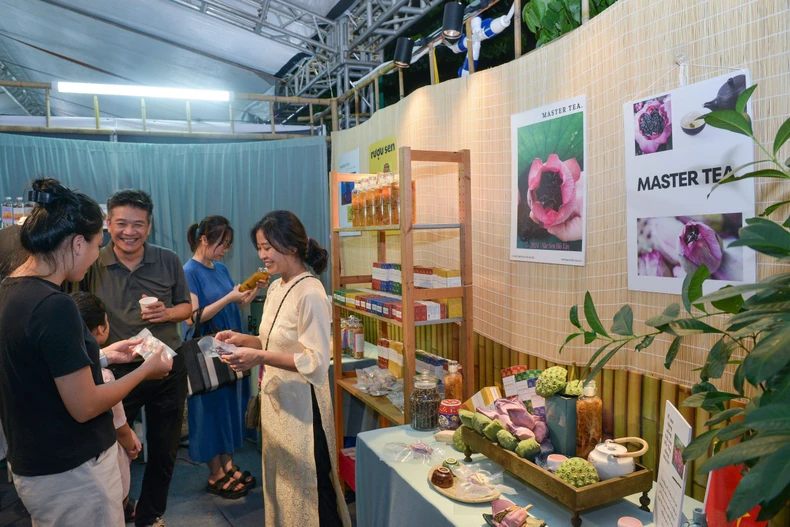 |
At the OCOP product introduction space, long-standing lotus tea brands in Hanoi were introduced to the public and especially attracted the attention of many young people. (Photo: The Dai) |
At the workshop, in addition to the opinions of agricultural experts and artisans from Hanoi, delegates also heard representatives from Dong Thap, Thua Thien Hue, etc. share their experiences on the value of lotus trees and solutions to promote the economic, cultural and tourism values of lotus trees in localities. Delegates all proposed: Exploiting the value of lotus trees is not only the task of individual localities but also requires close links between provinces and cities, thereby creating attractive economic, cultural and tourism products .
Source: https://nhandan.vn/tim-giai-phap-phat-huy-gia-tri-cay-sen-post818837.html



![[Photo] Prime Minister Pham Minh Chinh chairs meeting to discuss tax solutions for Vietnam's import and export goods](https://vstatic.vietnam.vn/vietnam/resource/IMAGE/2025/4/10/19b9ed81ca2940b79fb8a0b9ccef539a)

![[Photo] Phuc Tho mulberry season – Sweet fruit from green agriculture](https://vstatic.vietnam.vn/vietnam/resource/IMAGE/2025/4/10/1710a51d63c84a5a92de1b9b4caaf3e5)


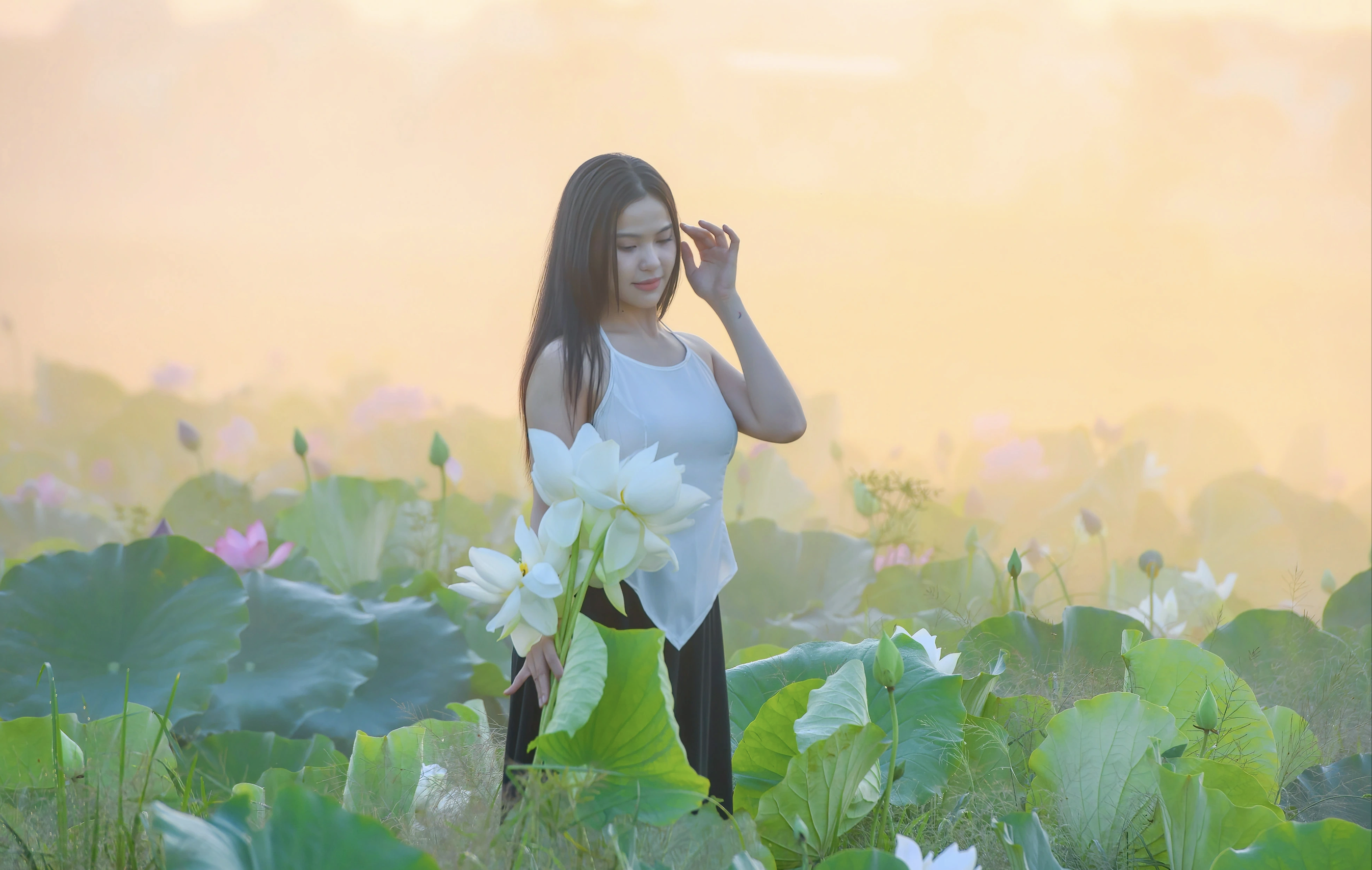



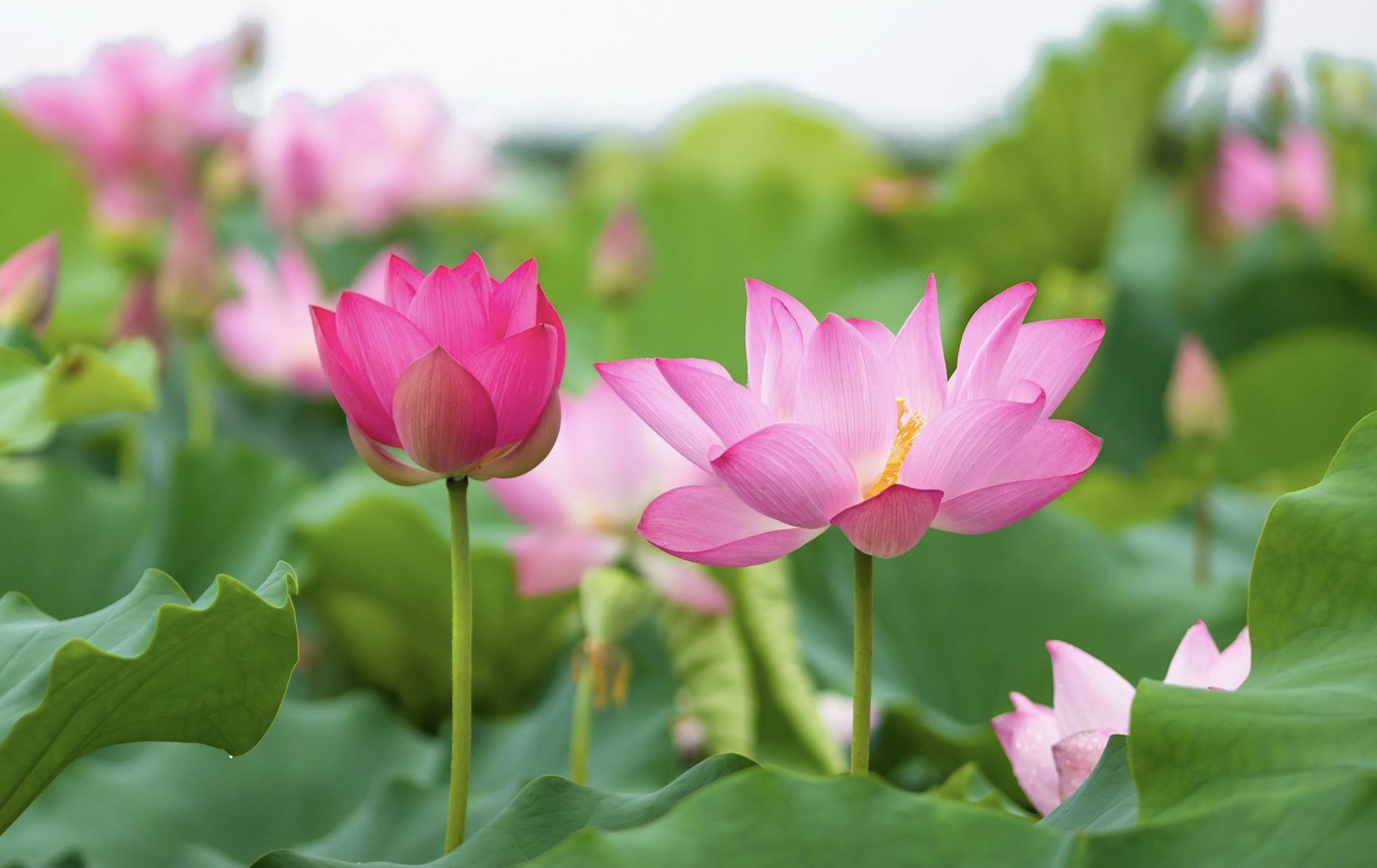



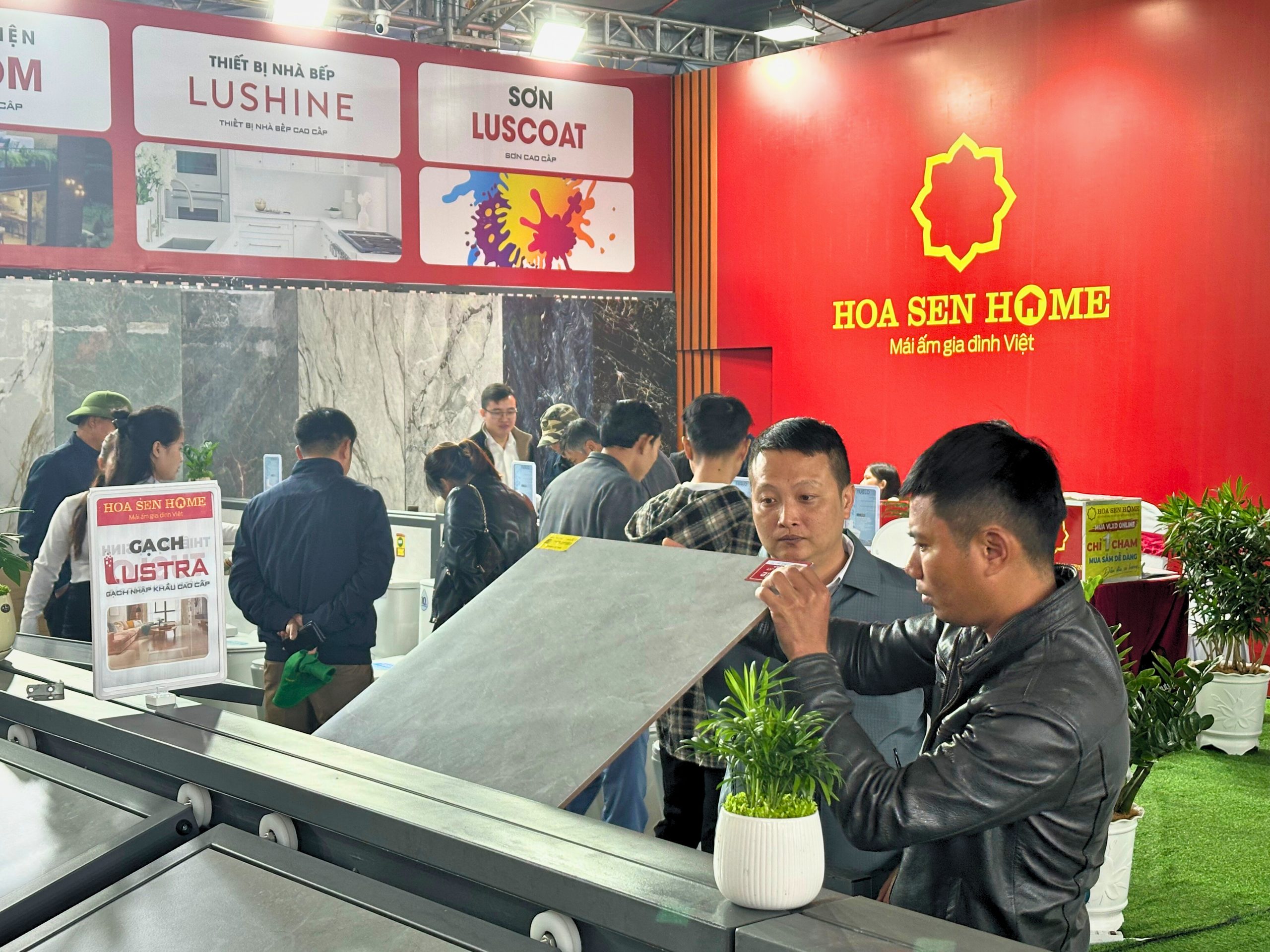
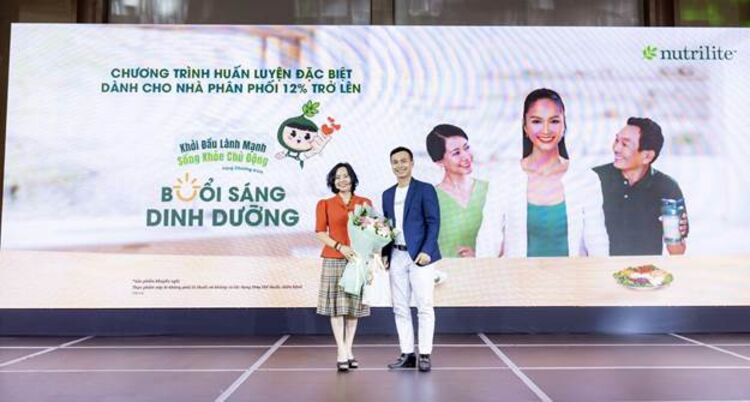

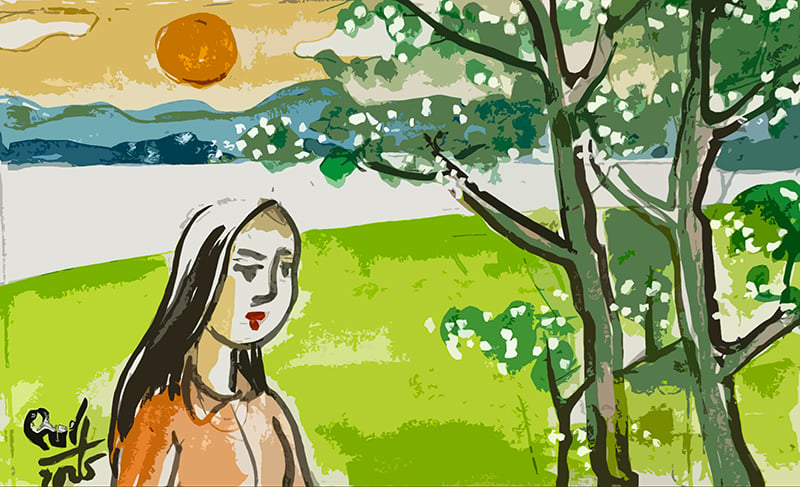
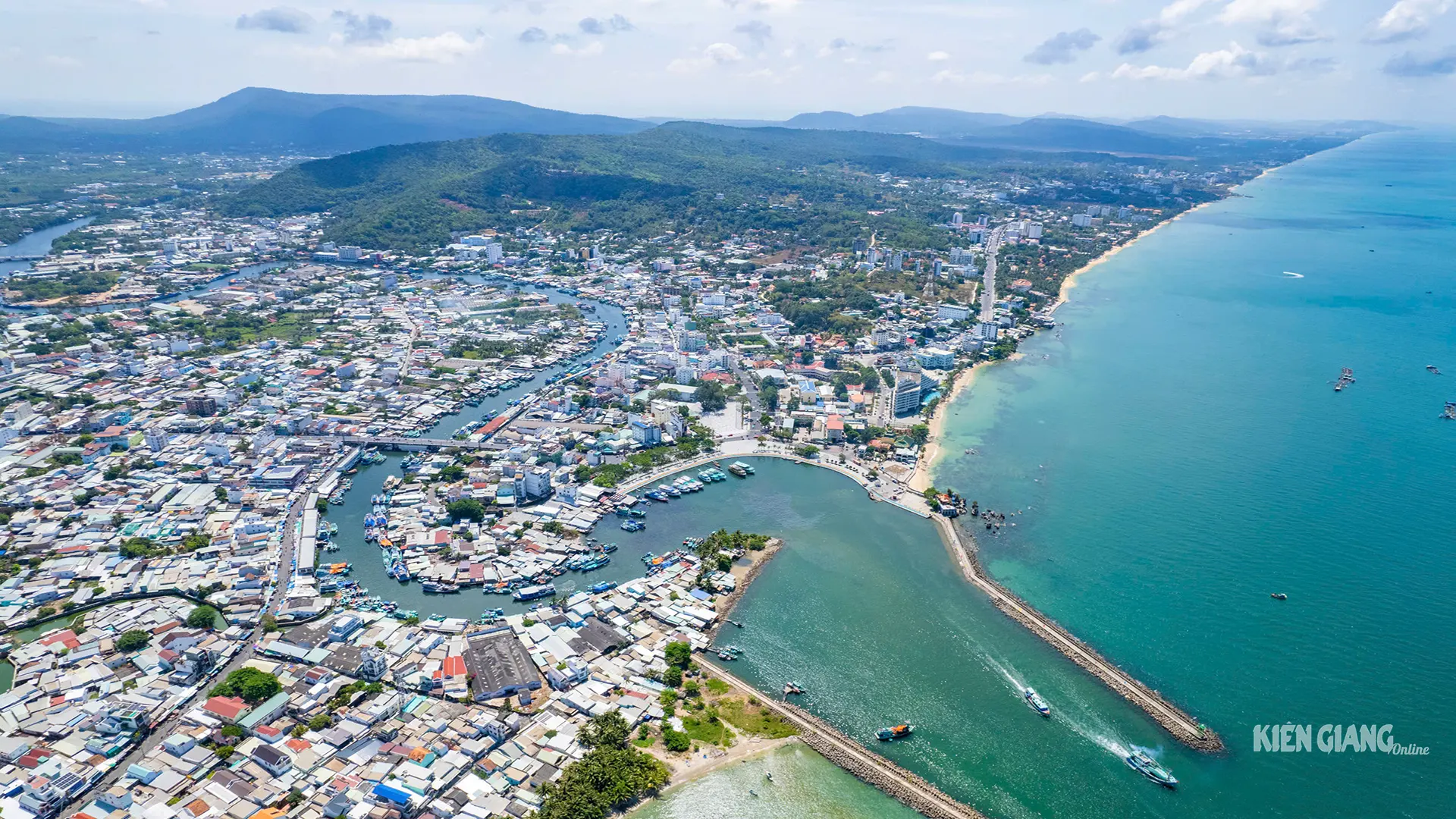
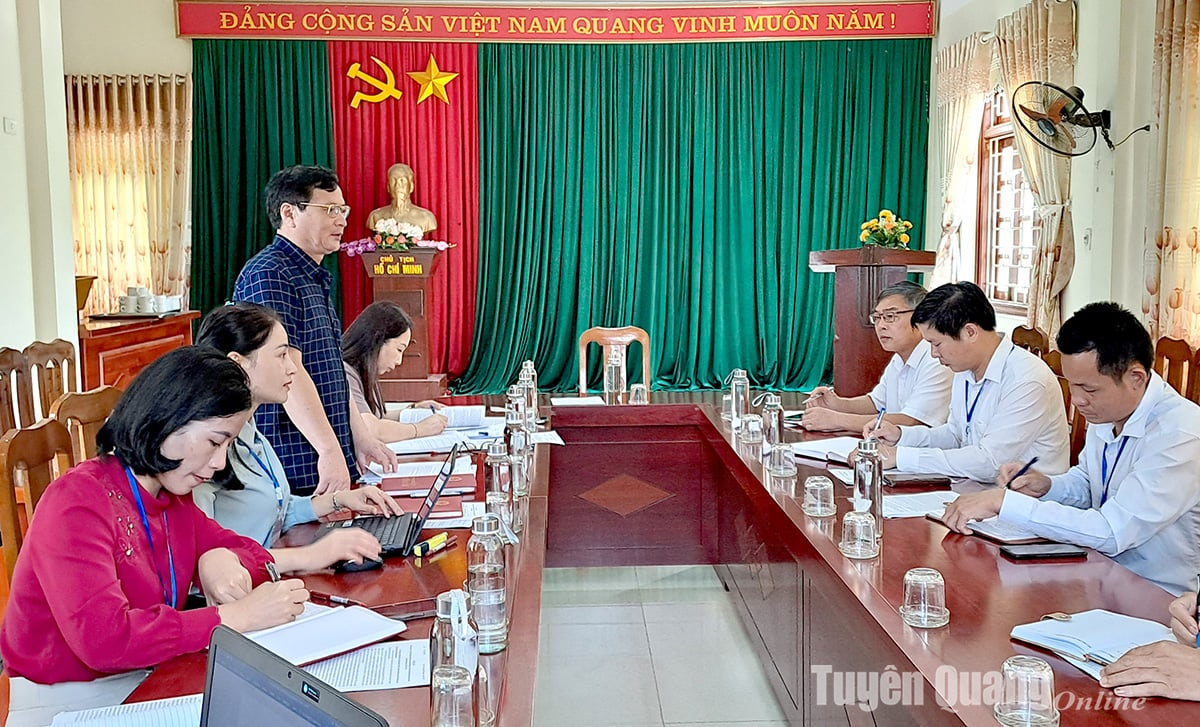
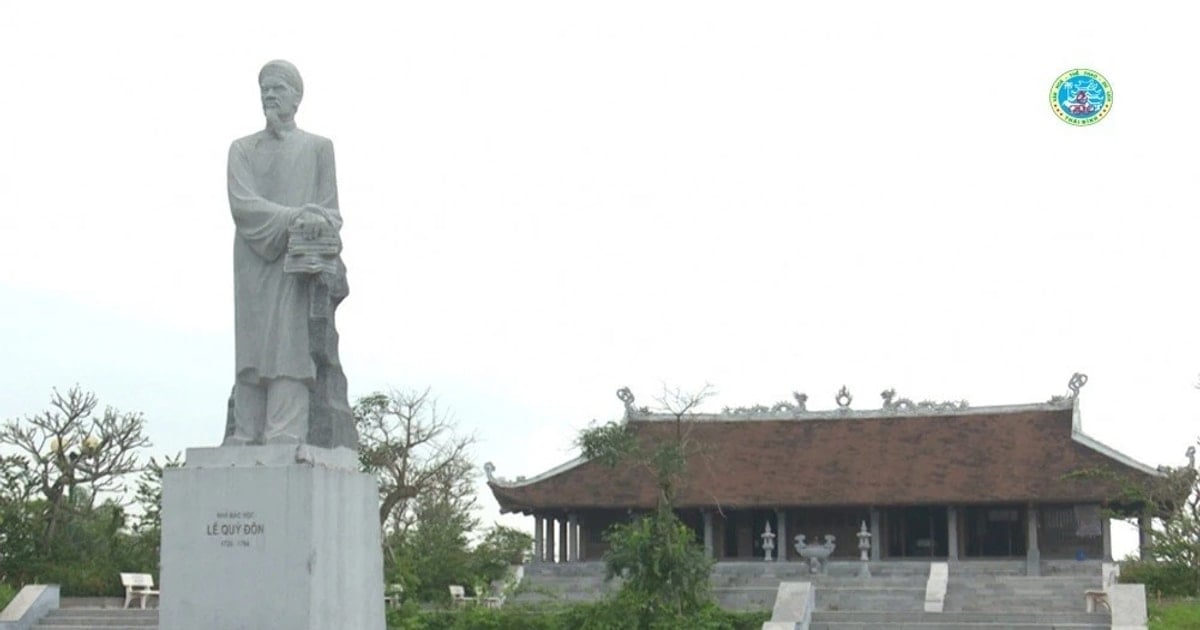




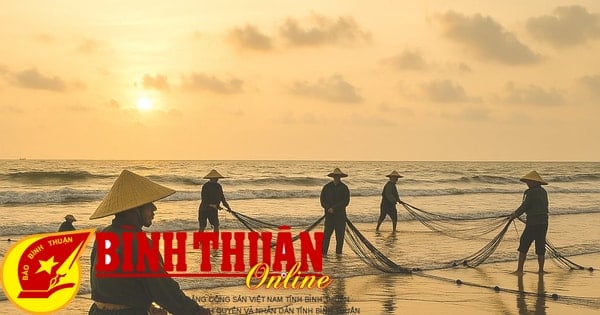
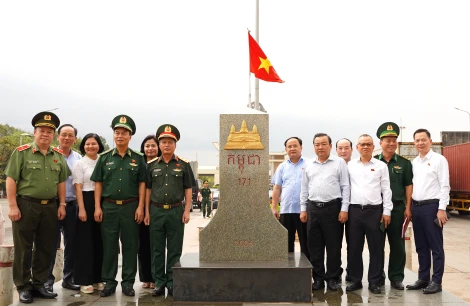

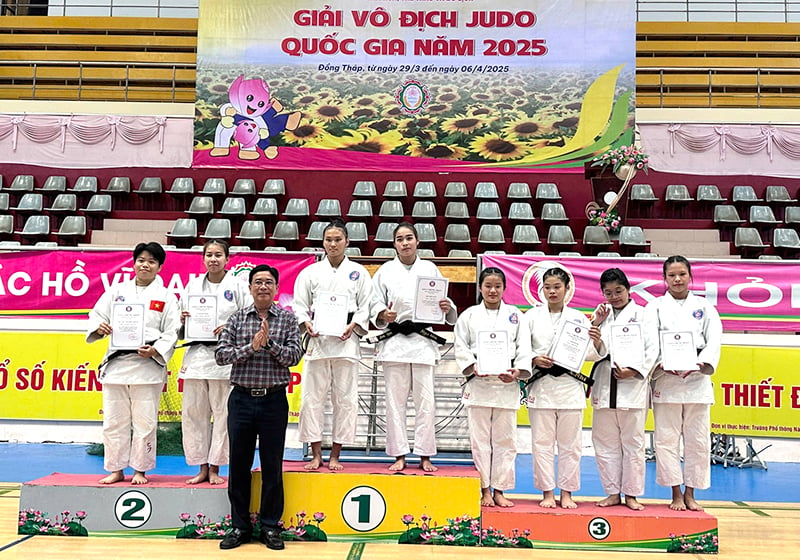
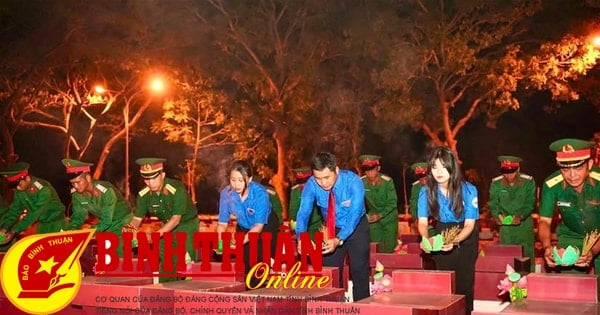
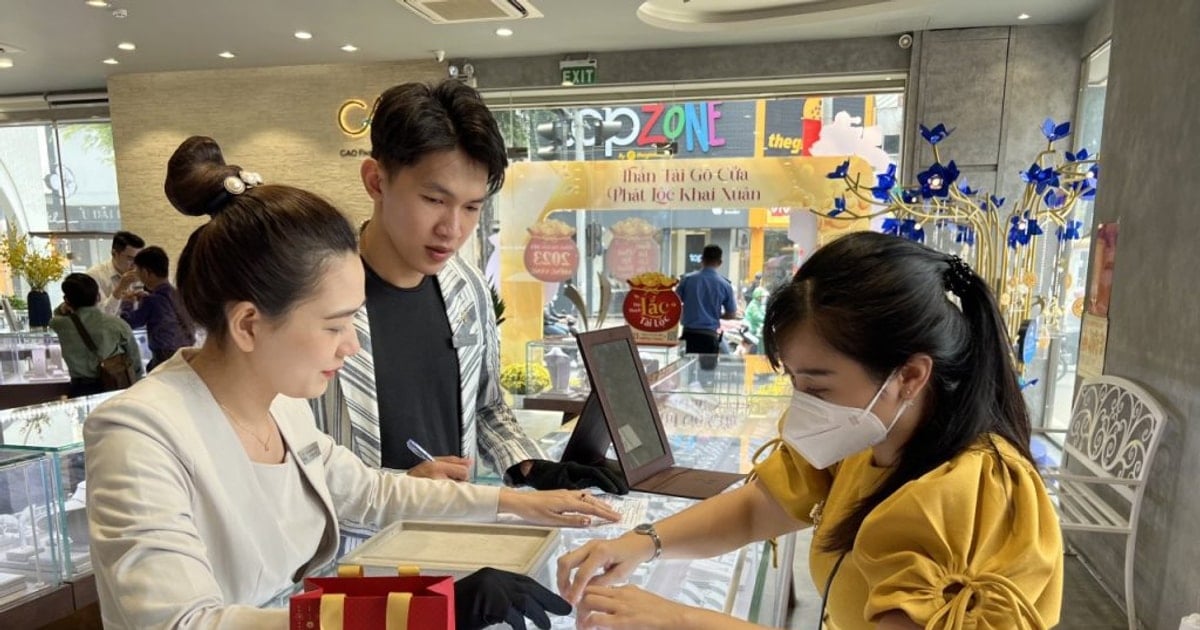
![[Photo] Unique folk games at Chuong Village Festival](https://vstatic.vietnam.vn/vietnam/resource/IMAGE/2025/4/10/cff805a06fdd443b9474c017f98075a4)








































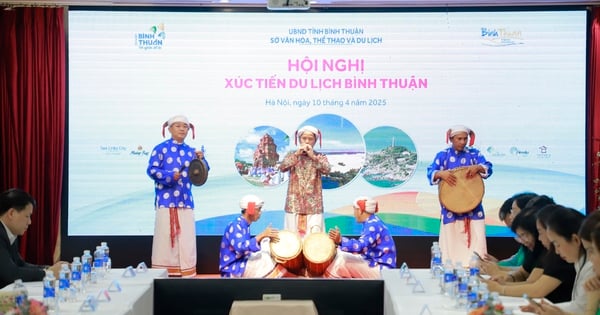







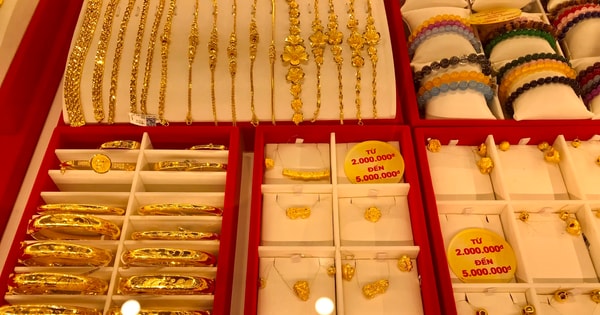

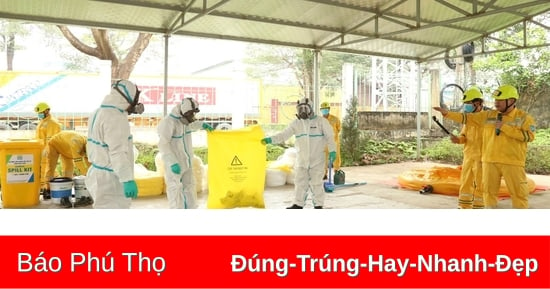

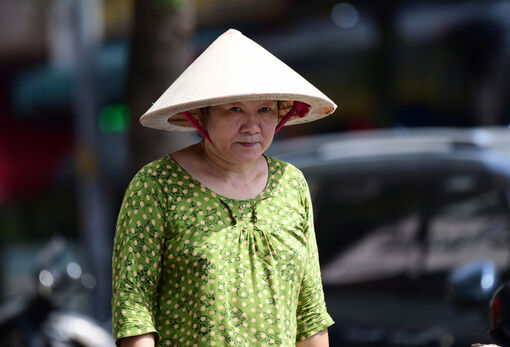

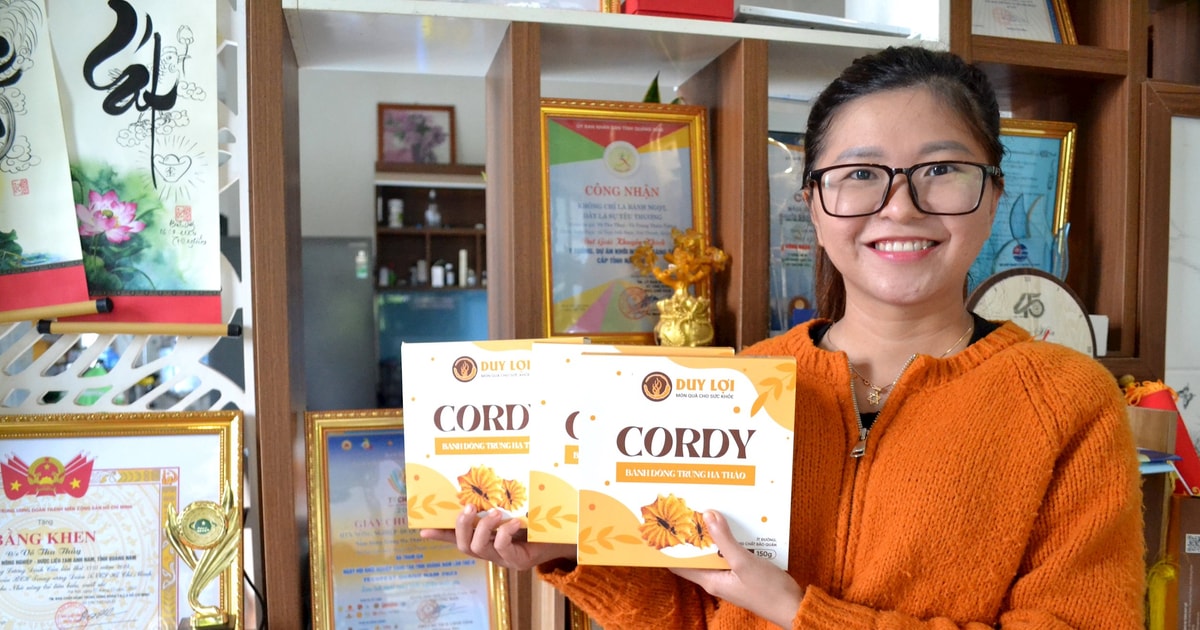
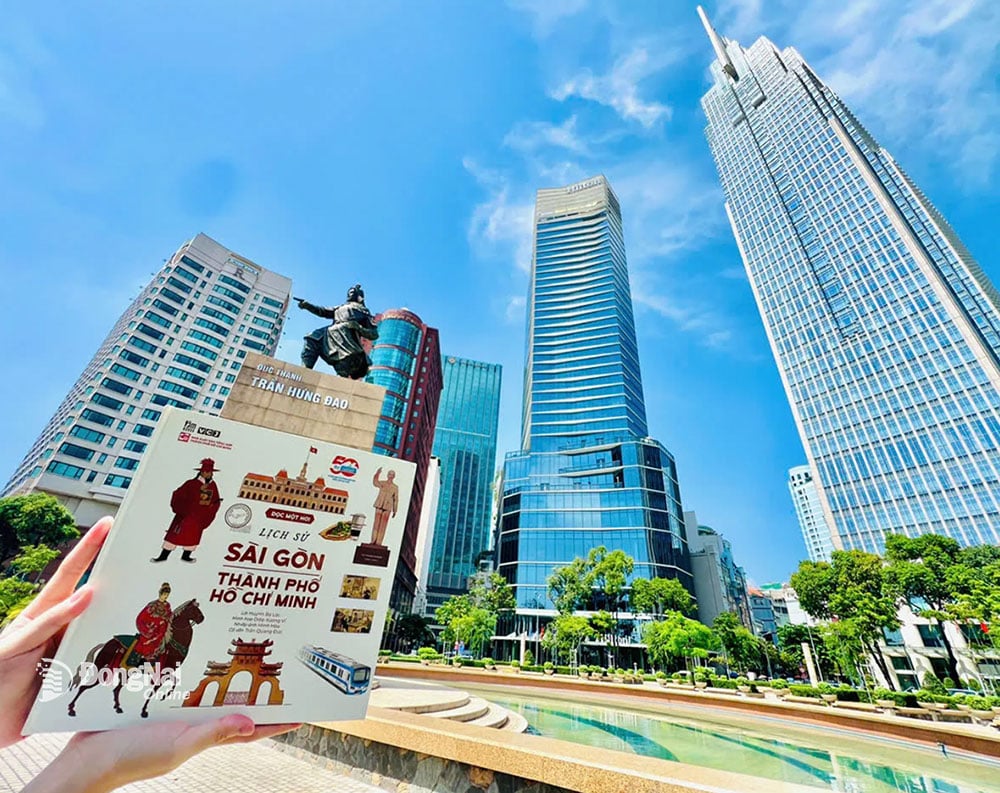









Comment (0)